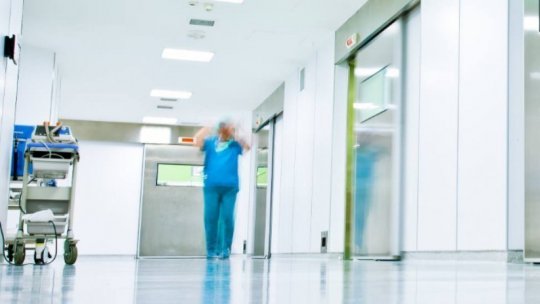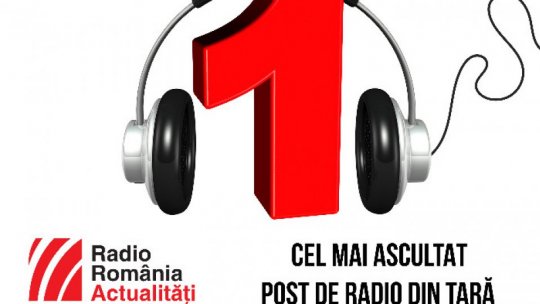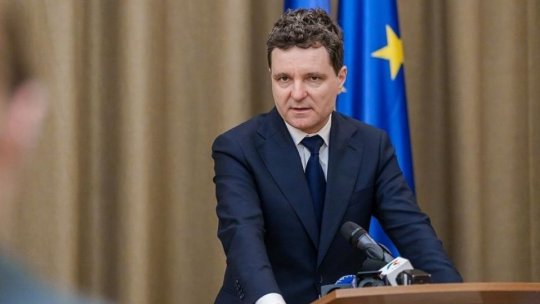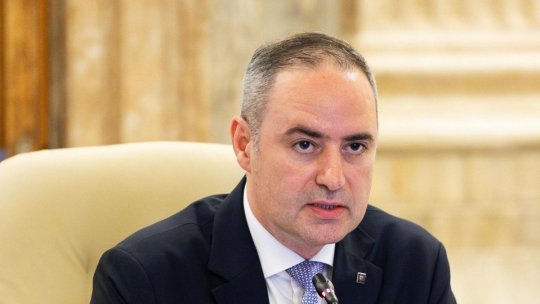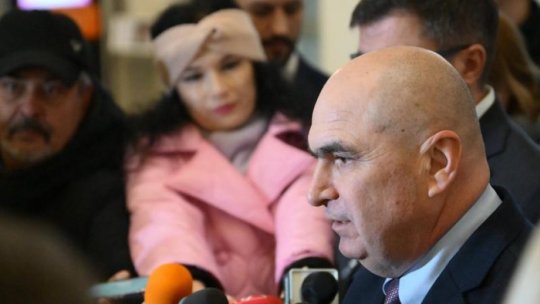Baccalaureate differentiation pros and cons
The Opposition propounds that, in the future, the pupils enrolled in technical secondary schools should not sit the same baccalaureate exam as those from theoretical high-schools.
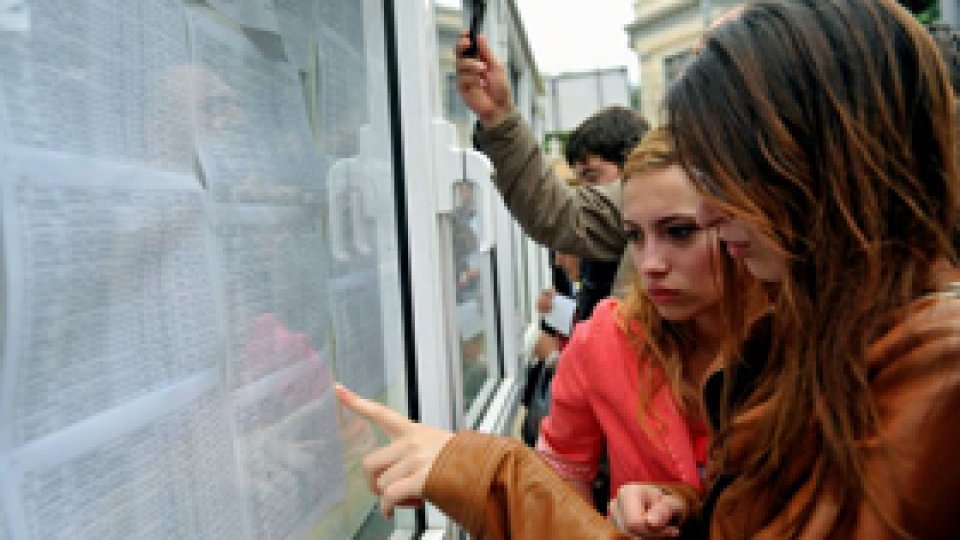
Articol de Bogdan Isopescu, 08 Iulie 2011, 11:44
The bad baccalaureate results from 2011 have led to the doubling of the contestation numbers, as opposed to 2010. The total number of contestations was of 80.000.
The lowest number of complaints has been recorded in Bucharest, Prahova and Suceava, but this last county was the one with the highest promovability rate in the country.
The final results will be displayed on Friday. Until then, the complaints regarding the manner in which the exam has taken place are still being heard.
In the political sphere, the Opposition propounds that, in the future, the pupils enrolled in technical secondary schools should not sit the same baccalaureate exam as those from theoretical high-schools, idea with which the Liberal Democratic Party (PDL) seems to agree.
The non-governmental organizations and the teachers, however, point out the fact that the sole differentiation does not solve all the baccalaureate problems.
The historical culprit for the baccalaureate exam is France. The baccalaureate exam was first introduced here, in Napoleon’s time.
Presently, the baccalaureate is differentiated in France, the pupils having to choose between a scientific one, a professional one or a vocational one.
The same principle applies in Germany, and, in Switzerland, the pupils have the choice of sitting the baccalaureate exam or not, depending on whether they want to get a higher education or not.
Surprisingly, only 30 percent of the pupils choose to sit the baccalaureate exam, but, unlike in Romania, almost all of them pass.
PSD supports the change of the system
According to this principle of differentiation, the social-democrats propound the change of the Romanian system.
"We cannot attempt to have them all graduate theoretical high-schools. There are people who are good for technical secondary schools".
"If a child from Mizil wants to study at the Faculty of Agronomy, he cannot do it because he happens not to be good at mathematics. We must have a differentiated baccalaureate", vice-president of the Education Department PSD, Gabriel Ispaz stated.
The governmental power, however, claims that this idea is not only old, but that it is also in course of being applied by means of the new Education Law.
"I invite the colleagues from PSD to read the National Education Law. They must have never read it, because they blindly assume an opposite stance and they have blindly opposed this law as well, but I invite them to read it, so that they can see the manner in which the baccalaureate is to be organized", PDL spokesman Sever Voinescu stated.
Teachers claim that they have been waiting for quite a while for the differentiation between profiles.
"Those children who graduate from a technical secondary school sit the same baccalaureate exam at mathematics as those who graduate from a theoretical high-school, in a history or biology class", teacher Maria Anca stated.
NGOs state that there are no ideal solutions
The non-governmental organizations state that there are no ideal solutions and that a proof for this is the fact that, in Europe, there are states which have differentiated baccalaureate exams and states which do not, and, even more, there are states which do not have a baccalaureate exam at all.
For instance, one of the drawbacks of the differentiated baccalaureate is that it limits the child’s possibility of ulterior development, in the sense that he or she no longer has access to any type of education, but only at that type which accepts the kind of diploma obtained. However, if one skips this drawback, the variant of differentiation guarantees a better examination of the capabilities compatible with the school"s particularity.
Educational consultant Eugen Palade explains that, on the other hand, Romania is also facing other problems, such as corruption and theft.
"We are dealing with corruption, with theft. Until now, the success can be explained primarily through the practice of cheating, but I believe that we must go further and see whether the knowledge evaluated at the baccalaureate corresponds with the schooling programme, with the curriculum, of which we have so long spoken in terms of reformation and adaptation to the real life, because we can see what is happening in reality."
"We must see whether this exam evaluates the subjects that the children have been studying for four or more years or not", Eugen Palade stated.
Translated by: Mădălina Borcău,
MA Student, MTTLC, Bucharest University

